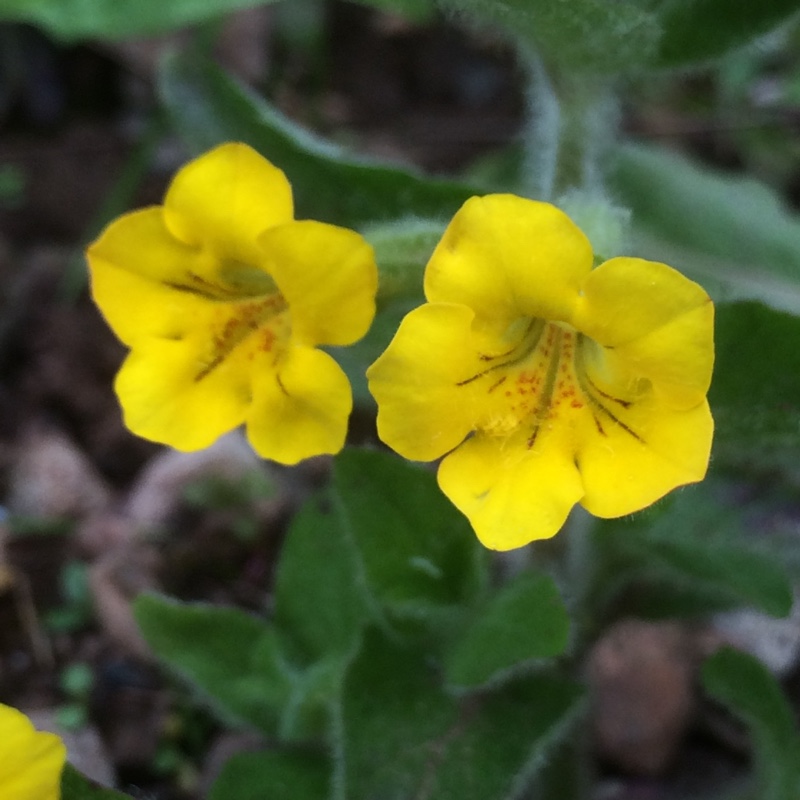
Mimulus moschatus
Muskflower
This is a rhizomatous perennial herb which has a very musky scent. It is variable in appearance. The tubular flowers are yellow in colour, its tube just a few millimeters wide and widening at the lobed mouth. It may be up to 2.6 centimeters long. Prefers moist soil in sun or part shade.
Contributed by @tiggrx
-
Full sun to partial shade
-
Occasional watering
-
Frost Hardy: 23F (-5°C)
-
Moist and rich
Common name
Muskflower
Latin name
Mimulus moschatus
type
Herbaceous Perennials
family
Phrymaceae
ph
5.0 - 8.0 Acid - Neutral
Plant & bloom calendar
-
Best time to plant
full grown dimensions
 0.20 M
0.30 M
0.20 M
0.30 M
Mimulus moschatus
This is a rhizomatous perennial herb which has a very musky scent. It is variable in appearance. The tubular flowers are yellow in colour, its tube just a few millimeters wide and widening at the lobed mouth. It may be up to 2.6 centimeters long. Prefers moist soil in sun or part shade.
Planting
From Late Spring TO Late Summer
Mimulus will grow best in full sun. The soil should be moist as the plants like to grow in wet ground. Avoid high temperatures and drying out in drought periods. Plant out any time after late spring; or plant out in late summer for over-wintering plants to flower early in the succeeding spring. Grow on plants under cover until they reach 8 to 10 cm in height at which point they’re ready to plant out. Growing monkey flower in hot climates is a challenge. If you want to give it a try, plant it in a location that is shaded most of the afternoon. Mimulus are ideal for planting in containers and in fact they thrive in a pot. Fill the container up to three quarters full with multipurpose compost. Carefully remove the plant from its tray or pot and place in position. Fill container back in with soil and gently firm down. Water in generously.
Propagating by seed
From Early Spring TO Late Winter
If you want to start your seeds indoors, plant them about 10 weeks before the last spring frost and place them in clear plastic bags in the refrigerator to chill. Outdoors, plant them in late winter and let cold winter temperatures chill the seeds for you. The seeds need light to germinate, so don’t cover them with soil. When you bring the seed trays out of the refrigerator, place them in a location with temperatures between 70 and 75 F. (21-24 C.) and provide plenty of bright light. Remove the seed trays from the bag as soon as the seeds germinate.











